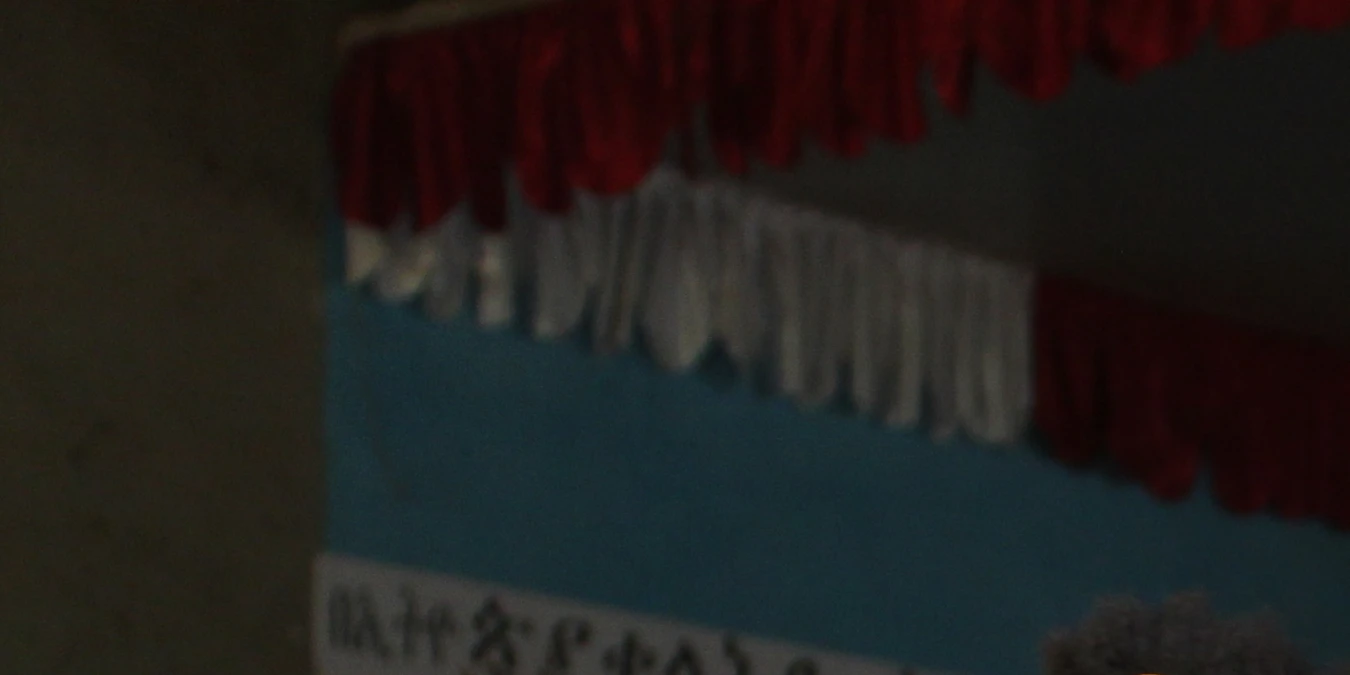Equality starts with education: We send thousands of Ethiopian girls to school
Published: Aug 14, 2023 Reading time: 4 minutes Share: Share an articleAll you have to do is be born in rural Ethiopia. All you have to do is have a disability, multiple siblings, or just one parent. It's enough that your family is poor. If you are a girl, on top of that, your chances of getting an education are slim. That's unjust. And we don't tolerate injustice.

Many girls in Ethiopia never learn to read and write, often marrying early, giving birth and caring for the household all their lives. The barriers to education are many—cultural, social and economic—but all can be overcome.
In Ethiopia, we have worked to expand access to education for a long time through our CHANGE project. In rural Ethiopia, nearly 25,000 girls aged 10-19 who have missed out on school now participate in our multi-year training courses. The girls learn math, reading, writing and other subjects to ease their transition to public school. The girls are very interested in their education and hope their daughters will also sit in the school classrooms one day.
Amina (18 years old) has three daughters and lives with her husband in the Afar region. She was one of 43 students who wanted to get involved in teaching when we opened an education centre in their village in March 2022. Amina was among the most gifted students who attended the reading, writing and math skills programme at the Kebirtobolo Education Centre. Despite her household responsibilities, she regularly studies and completes her homework. Additionally, Amina helps her classmates with material they do not understand and encourages them to keep going.
She has a desire for education and would like to go to college. Girls in her village are often victims of harmful traditional practices. Among the most dangerous practices is female genital mutilation (FGM), which is still practised in her village. In addition, arranged marriages of underage girls are still common.
Education First
We have built 129 education centres with partner organisations and enrolled 25,000 girls in our alternative education programmes. We have established 184 school clubs highlighting the importance of girls' education and creating a safe space for discussion. We have financially supported over 4,200 families to enable girls to continue their education.
Going to school is tough for people with disabilities. Marta (18 years old) can talk about this at length. She has hearing difficulties that started because of an infection that developed in both ears when she was eight. Although she can hear many sounds, she cannot respond to them, making it difficult for her to follow lessons. Thanks to Project CHANGE, Marta was diagnosed and given a hearing aid. She now regularly attends the education centre and participates in activities with her classmates.
Economic independence is an integral part of women's emancipation. More than 12,000 girls have taken or are completing handicraft courses. These will help them find employment and give them confidence.
We have also set up 650 self-help groups where women and girls can come together and support each other in developing small businesses, such as selling home baking or agricultural products through regular savings by individual members and the possibility of interest-free loans within the group. Self-help groups offer psychosocial care and help members acquire basic business skills.
The CHANGE project (2018-2023) in Ethiopia is financially supported by the UK Government through the Girls' Education Challenge (GEC). It is also funded by Czech donors through Real Gift and Real Aid programmes.
Launched in 2012, the 12-year plan aims to reach the world's most marginalised girls through quality education and learning. People in Need works with Concern Worldwide, Welthungerhilfe, Helvetas Swiss Intercooperation, Amref Health Africa Foundation and two Ethiopian partners, FSA and GPDI.



